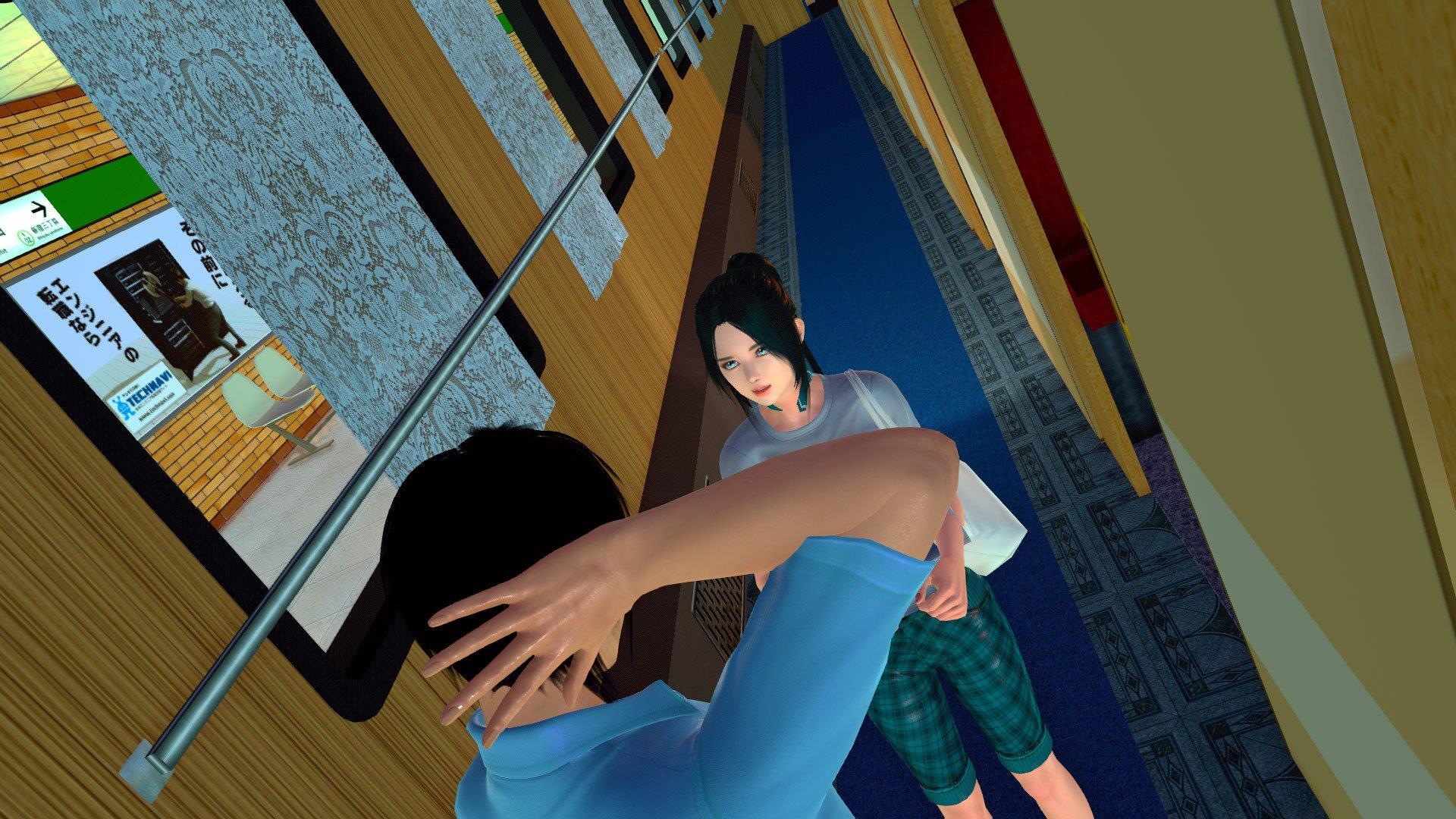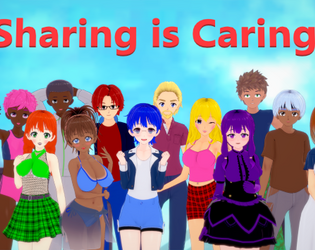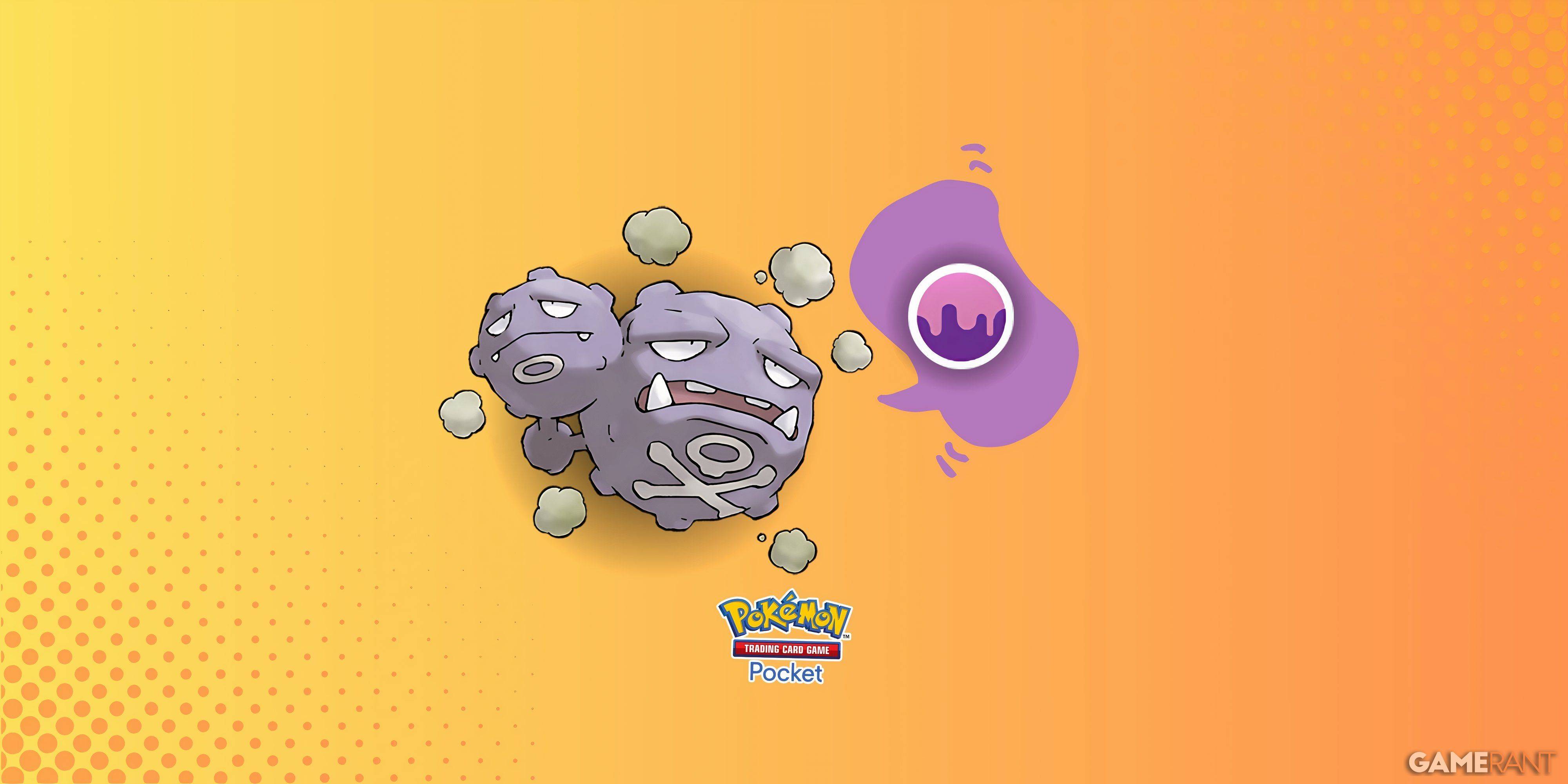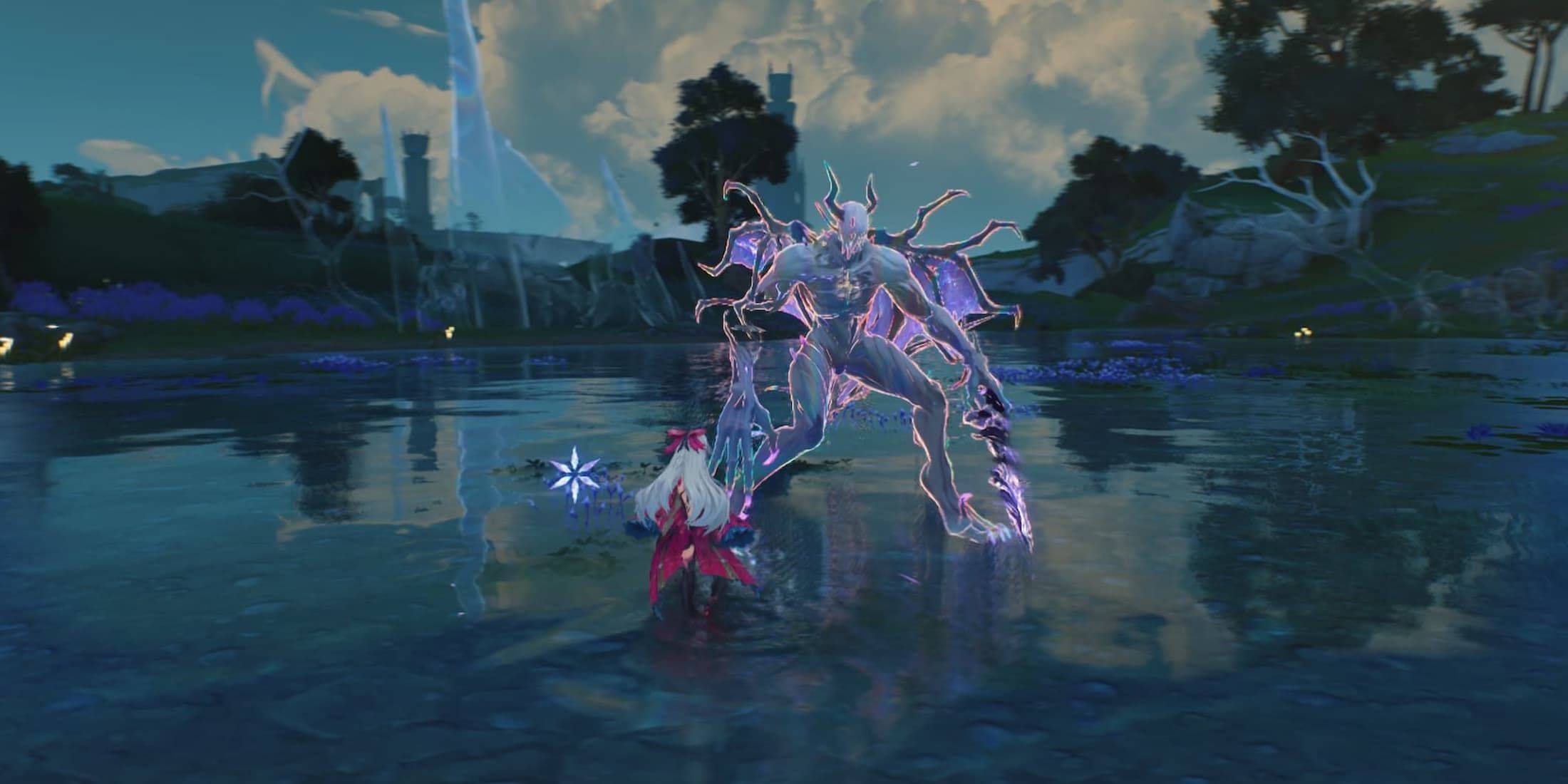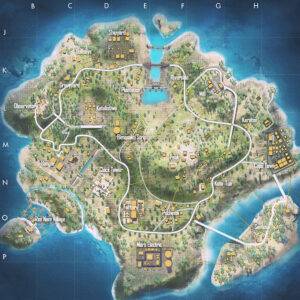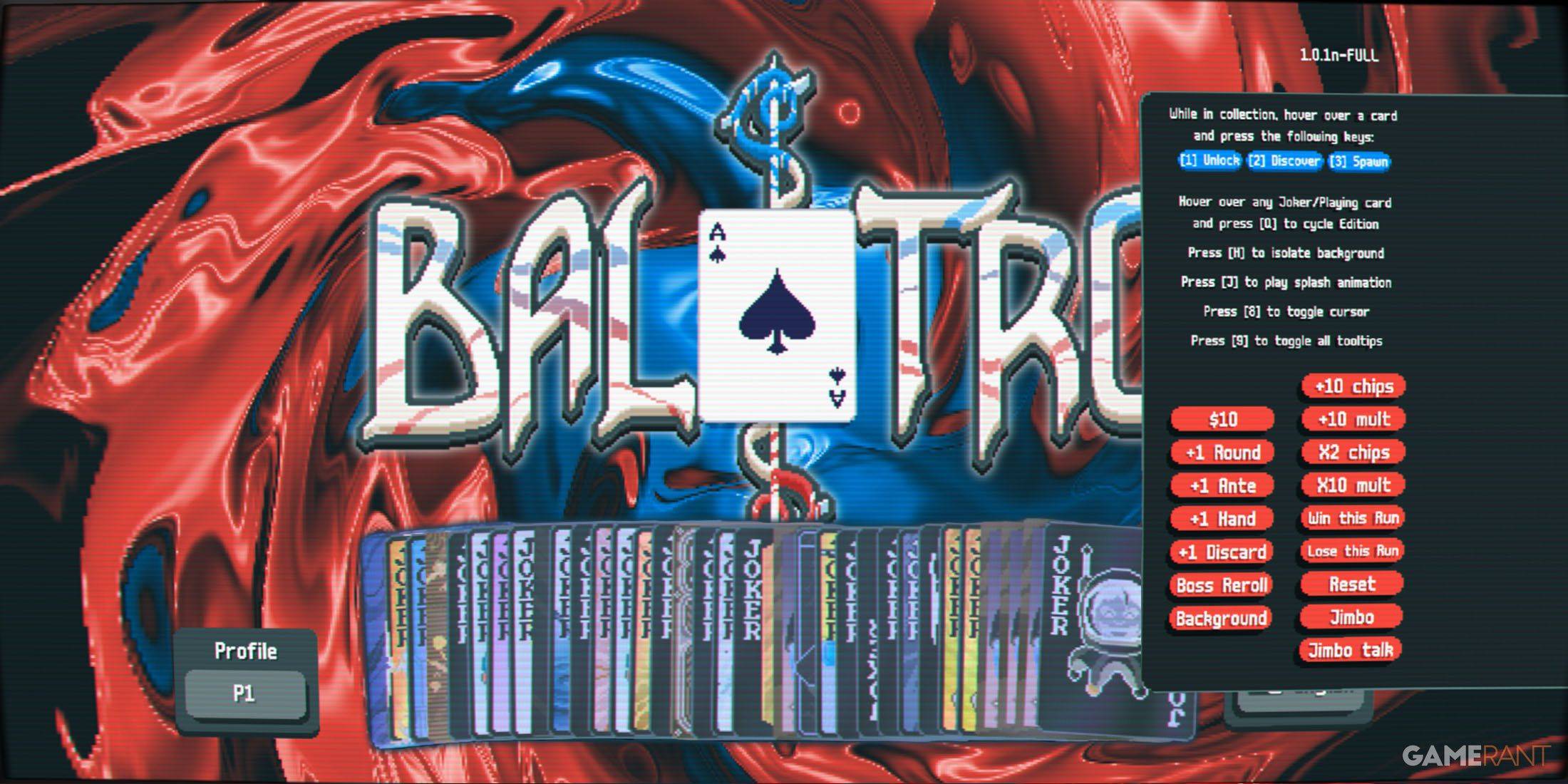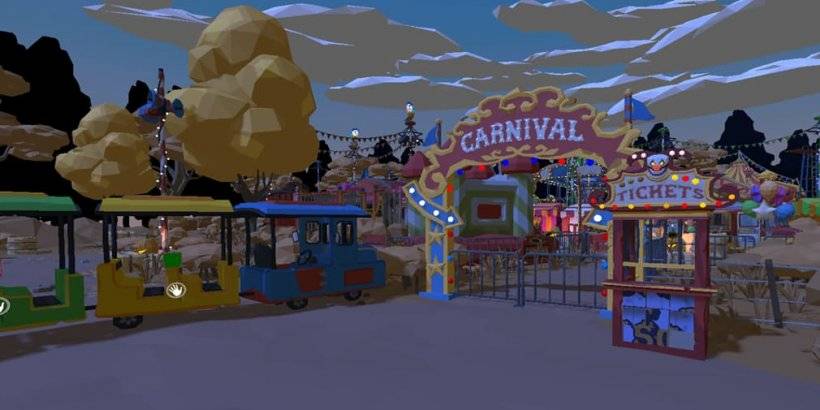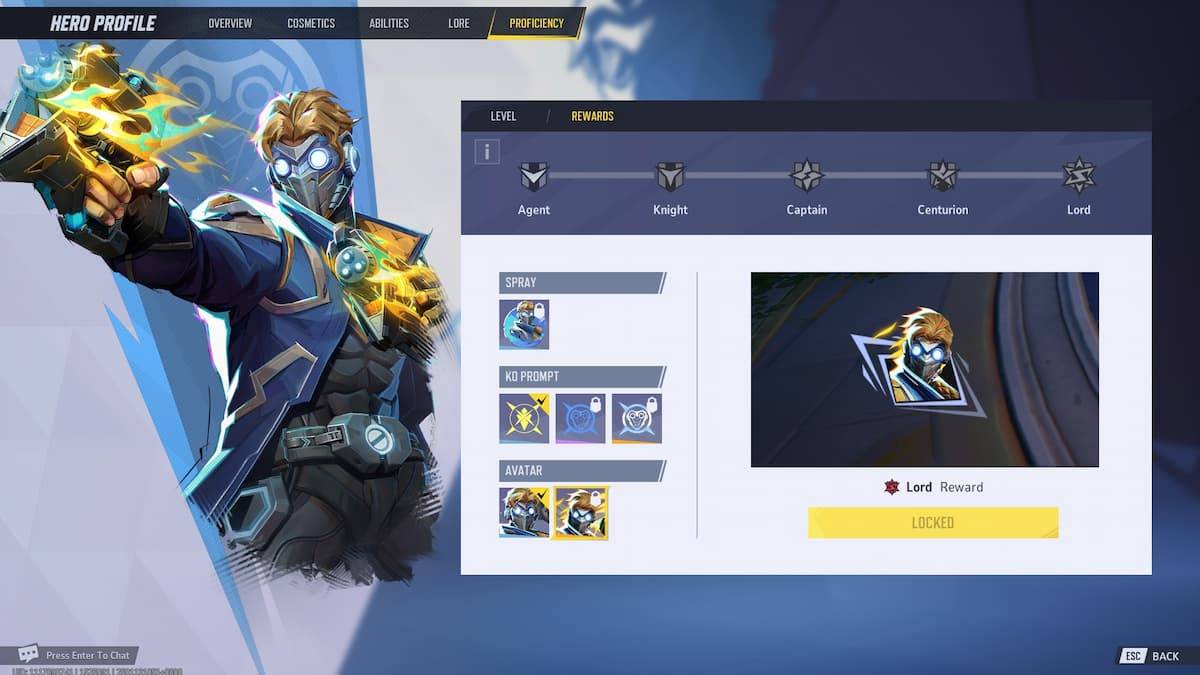Dragon Quest, Metaphor: ReFantazio Creators on Silent Protagonists in Modern RPGs
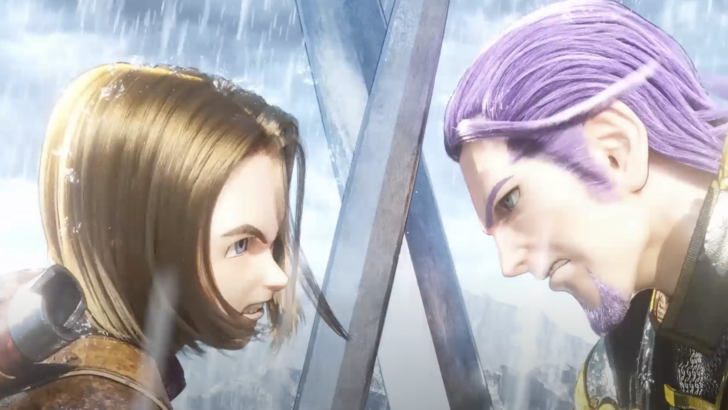
RPG veterans Yuji Horii and Katsura Hashino, the masterminds behind Square Enix's "Dragon Quest" and Atlus' "Metaphor: ReFantazio," delve into the evolving role of silent protagonists in RPGs amidst technological advancements and changing game development landscapes.
Dragon Quest Creator Talks Modern Challenges of Using Silent Protagonists
Silent Protagonists Seem Increasingly Out of Place in Modern Games
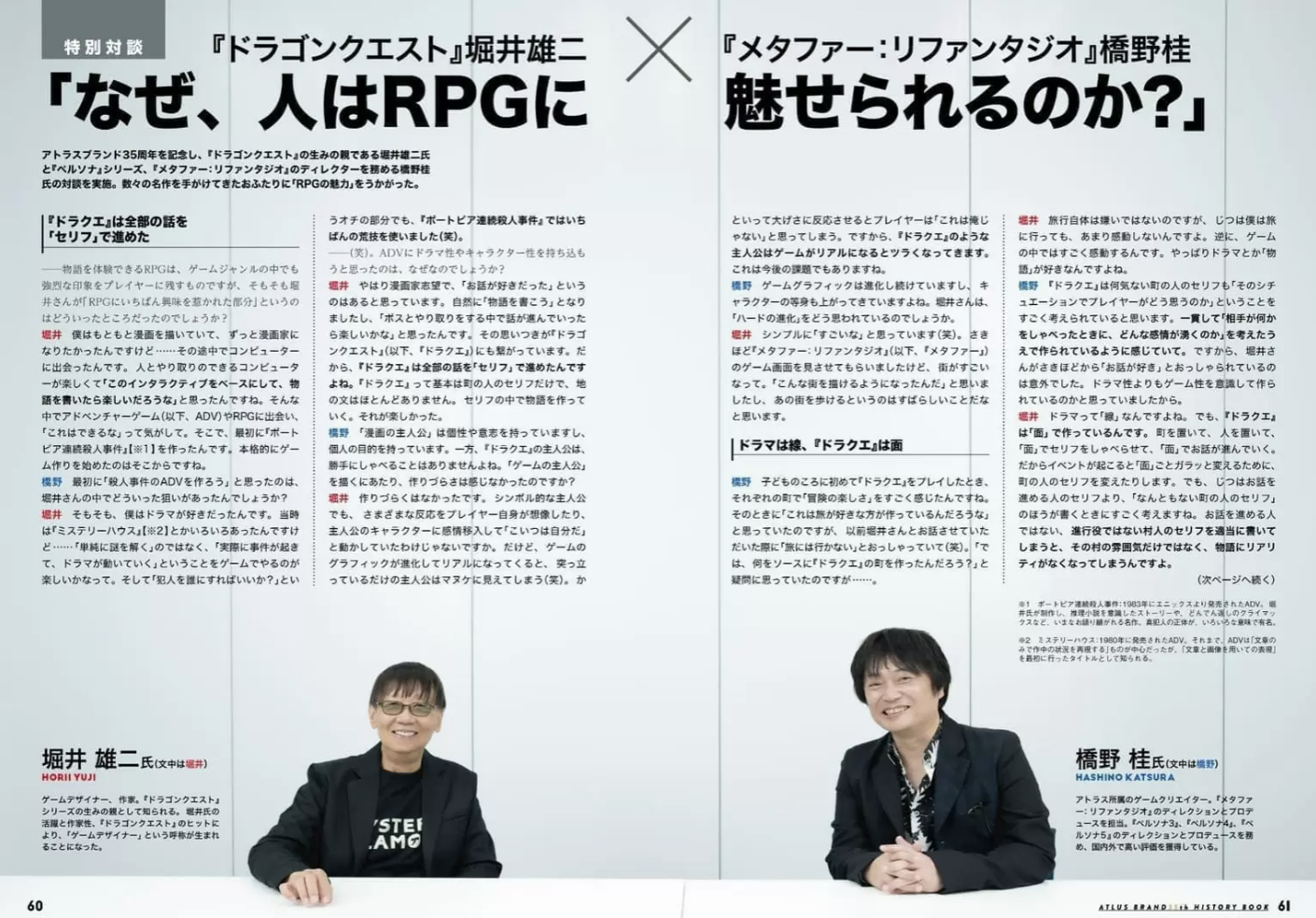
image (c) Den Faminico Gamer Yuji Horii, the visionary behind the iconic Dragon Quest RPG series, engaged in a thought-provoking discussion with Katsura Hashino, director of the upcoming Atlus RPG, Metaphor: ReFantazio. This insightful conversation was featured in an excerpt from the "Metaphor: ReFantazio Atlas Brand 35th Anniversary Edition" booklet, where the directors explored the nuances of storytelling in RPGs, particularly the challenges faced by franchises like Dragon Quest as video game graphics evolve towards greater realism.
The Dragon Quest series is renowned for its use of a silent protagonist, or as Horii describes it, "the symbolic protagonist." This approach allows players to project their own emotions and reactions onto the main character, enhancing immersion within the game's world. These silent characters serve as avatars for players, engaging with the game environment primarily through dialogue options rather than spoken lines.
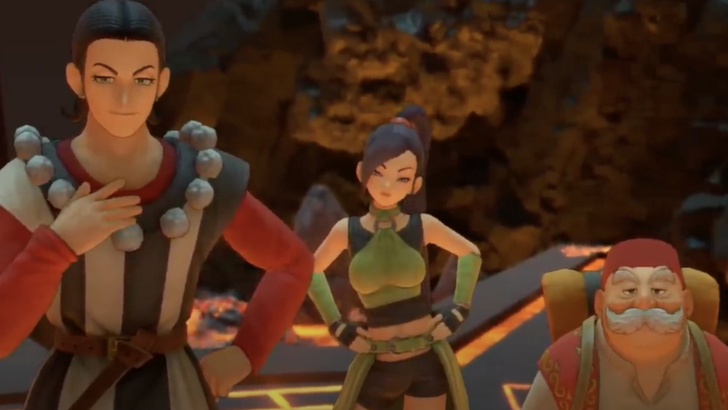
Horii pointed out that the use of silent protagonists was more straightforward in the early days of gaming due to simpler graphics, which didn't demand detailed character expressions or animations. "As game graphics evolve and grow increasingly realistic, if you make a protagonist who just stands there, they will look like an idiot," Horii humorously remarked.
Horii, who initially aspired to be a manga artist, was driven into the video game industry by his passion for storytelling and fascination with computers. Dragon Quest emerged from this passion, with its narrative driven by interactions with game bosses and townspeople. "Dragon Quest basically consists of dialogue with townspeople, with very little in the way of narration. The story is created using the dialogue. That’s what’s fun about it," he explained.
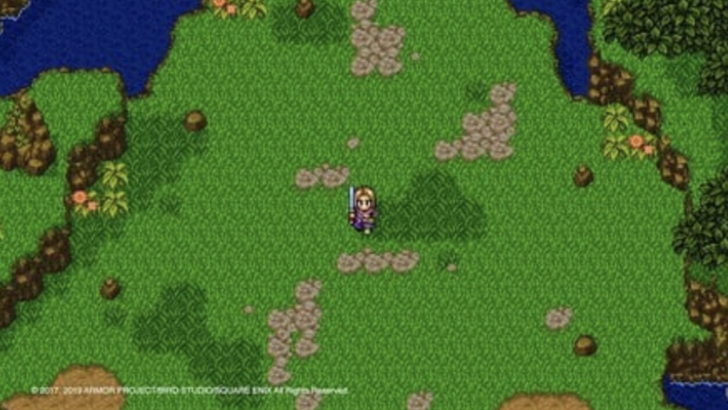
Horii acknowledged the growing difficulty of maintaining silent protagonists in modern games, where realistic graphics can make a non-reactive protagonist seem out of place. In the early days of Dragon Quest on the Nintendo Entertainment System (NES), the minimalist graphics allowed players to fill in the emotional gaps left by the silent protagonist. However, as games' visuals and audio become more detailed, Horii admitted that depicting silent protagonists becomes increasingly challenging.
"That’s why, the type of protagonist featured in Dragon Quest becomes increasingly difficult to depict as games become more realistic. This will be a challenge in the future too," the creator concluded.
Metaphor ReFantazio Director Thinks Dragon Quest Puts Players' Feelings First
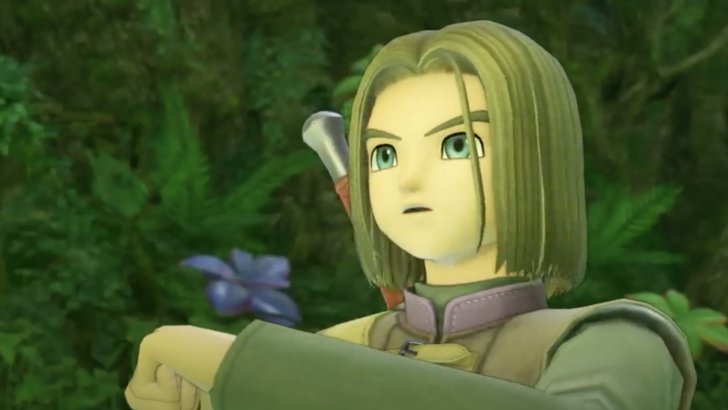
Dragon Quest remains one of the few major RPG series committed to using a silent protagonist, who, aside from occasional reactionary sounds, remains mute throughout the game. In contrast, other RPG series like Persona have integrated voiced lines for their protagonists during battles and cutscenes, a trend that began prominently with Persona 3. Hashino's upcoming game, Metaphor: ReFantazio, will feature a fully voice-acted protagonist.
While Horii reflected on the limitations of silent protagonists in modern gaming, Hashino praised him for the unique and emotionally resonant experience that Dragon Quest provides. "I think Dragon Quest puts a lot of thought into how the player will feel in a given situation," Hashino told Horii, "even when it's to do with a regular townsperson. I feel like the games are consistently created with the player in mind, thinking about what emotions will arise when someone says something."
Latest Articles




![Taffy Tales [v1.07.3a]](https://imgs.anofc.com/uploads/32/1719554710667e529623764.jpg)



